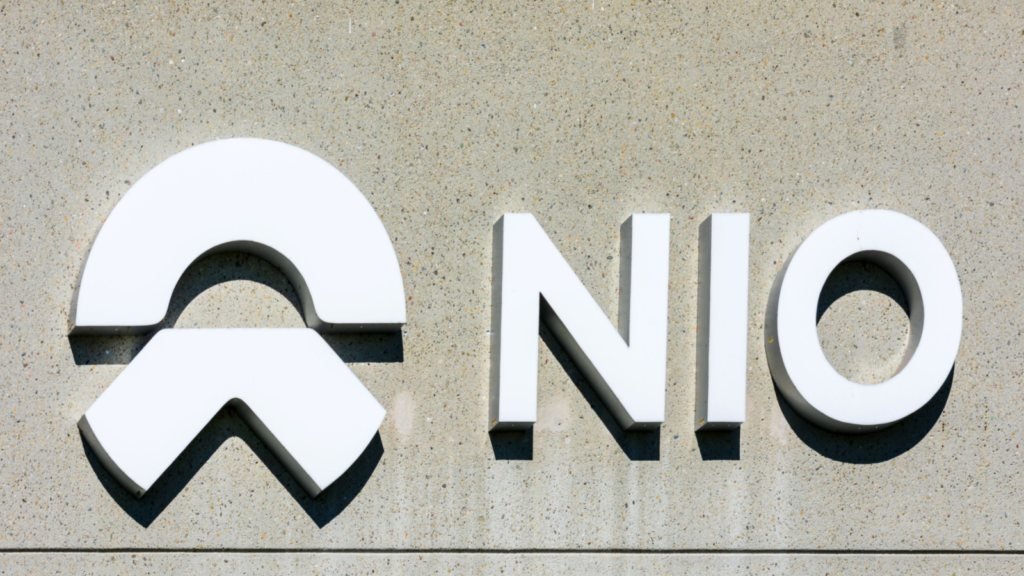It’s funny how Wall Street can have a very short attention span sometimes. When it comes to China-based electric vehicle manufacturer Nio (NYSE:NIO), it’s fine to focus on the company’s most recent operational update. Yet, don’t be too hasty when trading NIO stock.
The company still doesn’t have positive earnings, and Nio’s “prudent” warning about vehicle delivery disruptions should remain top-of-mind for prospective investors.
It’s no secret that China’s on-again, off-again Covid-19 lockdowns can hinder the country’s business activity. Supply chain disruptions wreaked havoc on many companies’ operations in 2022, and it’s hard to predict how this problem will impact Nio and other automakers in 2023.
So, before the Nio perma-bulls celebrate any perceived victories, they should consider the company’s macroeconomic and operational challenges. Indeed, this year could be just as unrewarding for Nio’s shareholders as 2022 was.
What’s Happening with NIO Stock?
Shockingly, NIO stock has lost two-thirds of its value over the past year, dropping from more than $30 to just $10 and change. Along the way, dip buyers and self-styled value hunters were disappointed again and again.
Always remember: Just because a stock has gone down a lot, doesn’t mean it’s a bargain. Before jumping into the trade, prospective investors should have convincing evidence of a likely turnaround.
It’s awfully difficult to find this type of evidence, however, when Nio CEO William Li is warning of “sales challenges” for the company in the first half of 2023.
Usually, chief executives are overwhelmingly optimistic, so this cautionary pronouncement from Li is notable and somewhat alarming.
New Update Doesn’t Invalidate Nio’s ‘Prudent’ Press Release
In late December, Nio “prudently” revised its fourth-quarter 2022 vehicle delivery forecast lower. The new quarterly prediction was 38,500 to 39,500 delivered vehicles, compared to the previous outlook of 43,000 to 48,000 vehicles.
We already mentioned Li’s statement about “sales challenges,” and Nio also warned that it “has been facing challenges in deliveries and productions, together with certain supply chain constraints” due to Covid-19-related issues in China.
Consequently, Nio was unable to reach its “full capacities,” as there were “disruptions on delivery and registration procedures involving users.”
This is certainly a cause for concern. NIO investors may also observe that going back to late 2018, the automaker hasn’t had a profitable quarter.
For what it’s worth, Nio did provide a recent vehicle delivery update which indicated monthly, quarterly and annual growth. That’s encouraging, and it’s why Nio doesn’t deserve an “F” rating right now. Still, none of this means financial traders should dismiss the aforementioned statements from Nio and its chief executive.
What You Can Do Now
Many of Nio’s shareholders are holding a heavy bag from early 2022. Will they get some relief this year? Anything’s possible, but Nio’s lack of profitability and persistent operational challenges shouldn’t be ignored.
Therefore, NIO stock gets a “D” rating for the time being. Granted, the company’s vehicle delivery growth indicates the potential for improvement. For now, however, it’s wise to heed the warnings from Nio and its CEO, and simply stay out of the trade.
On the date of publication, neither Louis Navellier nor the InvestorPlace Research Staff member primarily responsible for this article held (either directly or indirectly) any positions in the securities mentioned in this article.
